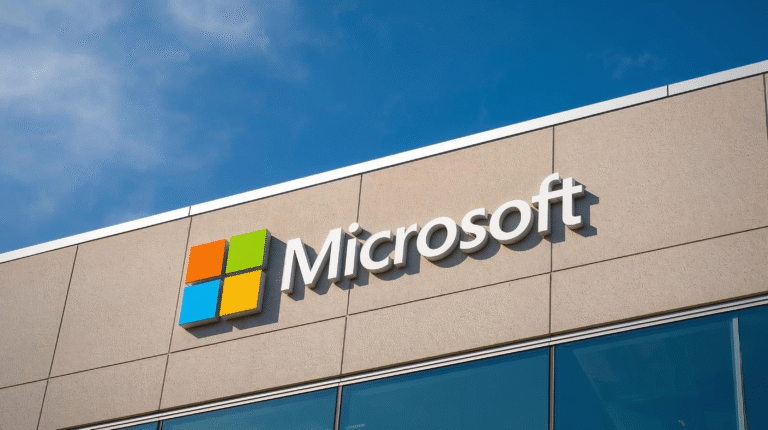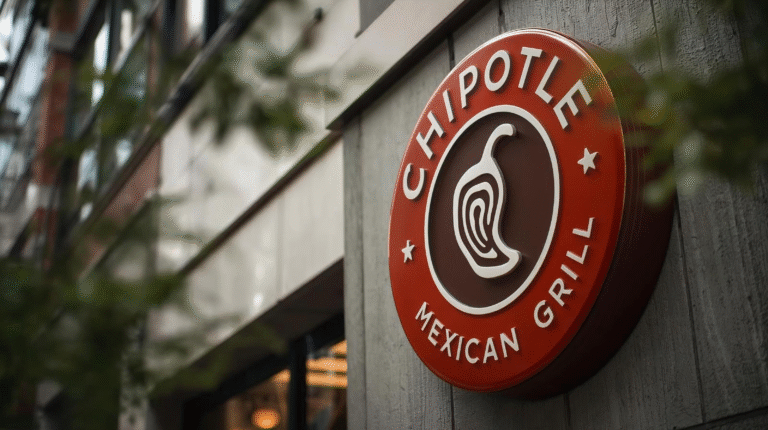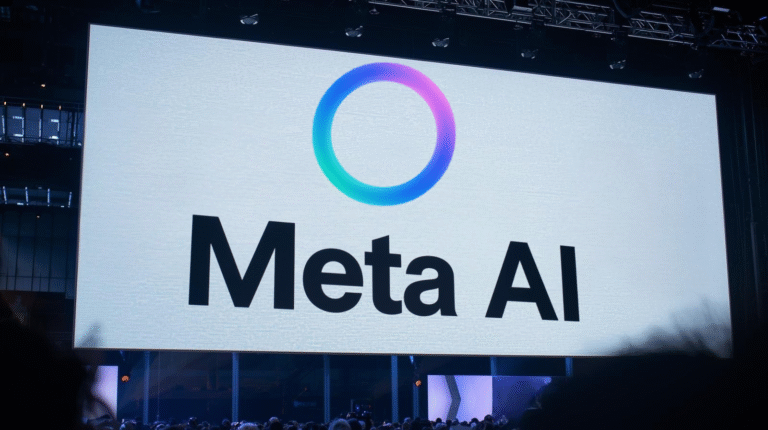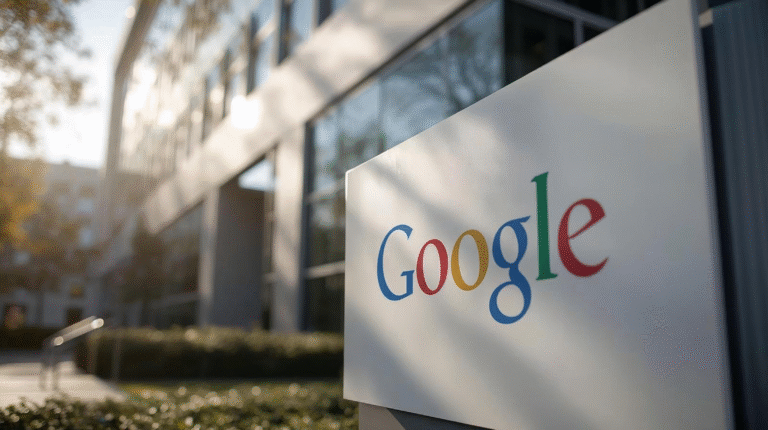
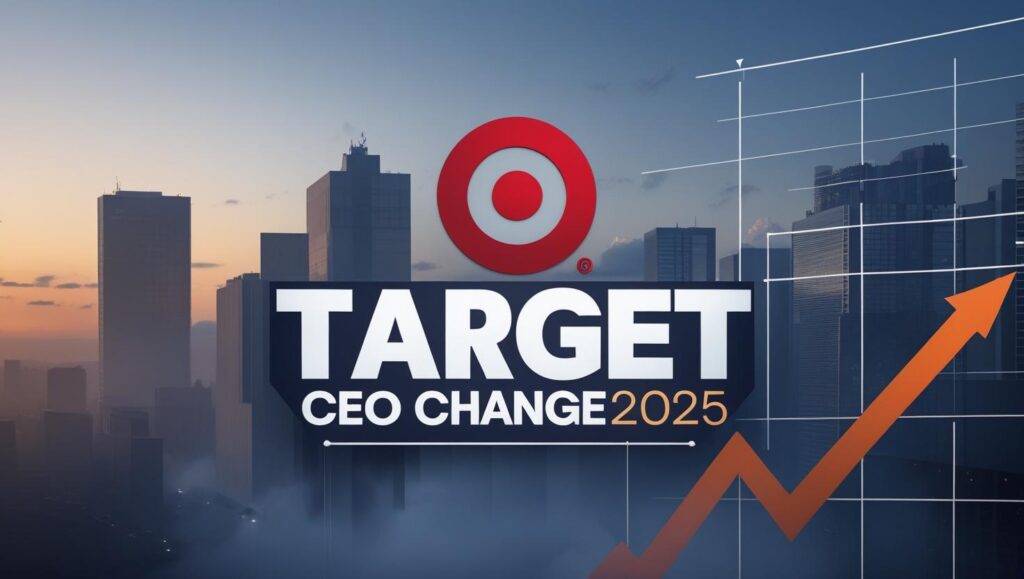
Change is never easy for a global brand, especially when the change involves leadership at the very top. On August 20, 2025, Target announced that long-time CEO Brian Cornell will step down from his role in February 2026. Cornell, who has been at the company’s helm for over a decade, will transition to the role of executive chair while Michael Fiddelke, Target’s current Chief Operating Officer, steps into the CEO position.
This announcement has already sent ripples through Wall Street, shoppers, and the broader retail industry. But beyond the headlines, what does this leadership change truly mean for Target’s future, and what can investors and business leaders learn from it?
1. Brian Cornell’s Legacy at Target
When Brian Cornell stepped into the role at Target in 2014, the company was facing significant challenges. Its expansion into Canada had failed, online competitors were eating away at its market share, and customer trust was shaky. Cornell’s first task was stabilization. He quickly exited unprofitable ventures, doubled down on Target’s. The core operations in the U.S. focused significantly on digital commerce and made substantial investments in private label brands.
Under his leadership:
- Online sales grew exponentially, especially during the pandemic.
- Stores were remodeled to blend in-person and digital experiences.
- Target’s in-house brands like Good & Gather and All in Motion became billion-dollar businesses.
Cornell leaves behind a company that is far stronger than when he started, but one that now faces a very different set of challenges.
2. Why the Transition Is Happening Now
The timing of Cornell’s decision is strategic. After over ten years of expansion, Target has reached a standstill. Sales have declined in recent quarters, partly due to inflation squeezing consumer spending, and partly due to public controversies over how the retailer has handled diversity and inclusion policies.
By stepping down now but staying on as executive chair Cornell is ensuring two things:
- Continuity: He will guide Michael Fiddelke during the transition.
- Renewal: A fresh leader can bring energy and new strategies without alienating loyal investors.
This approach is increasingly common in U.S. corporate leadership. It provides stability while allowing for innovation.
3. Who Is Michael Fiddelke?
Fiddelke is not a household name, but inside Target he’s known as a problem solver. With over two decades at the company, he has worked in nearly every department from finance to human resources to operations. As CFO (2019–2023), he managed Target’s books during the pandemic, keeping the retailer financially stable while rivals faltered.
As COO, Fiddelke spearheaded projects around efficiency, supply chain resilience, and digital acceleration. His promotion signals that Target values insider knowledge over an external shake-up. For employees, that means cultural continuity. For investors, it signals predictability though some critics say it might limit bold innovation.
4. The Challenges Ahead for Target
Michael Fiddelke is inheriting both opportunities and problems.
A. Rebuilding Growth
Shoppers are spending cautiously, and competition from Walmart, Amazon, and Costco is fiercer than ever. Target must rethink its pricing strategies and product mix to win back middle-income households.
B. Repairing Brand Trust
Target’s retreat from certain DEI initiatives and customer boycotts created a polarizing brand perception. The new CEO must strike a balance between inclusive brand values and broad market appeal.
C. Competing in the Digital Era
Although Target has made significant progress in its e-commerce efforts, Amazon continues to lead the market. Fiddelke will need to accelerate digital investments, including AI-driven personalization, same-day delivery, and advanced inventory management.
5. Lessons for Business Leaders
Target’s leadership change offers lessons that extend far beyond retail.
Succession planning is key: Cornell’s decision to groom an internal successor shows how proactive succession avoids crises.
Balance of continuity and change: Companies that keep former CEOs in advisory roles can minimize investor panic while adapting to new strategies.
Adaptation beats legacy: Even strong leaders must recognize when fresh energy is needed. Understanding when to pause and allow others to take the lead is a crucial part of being a great leader.
6. What Investors Should Watch
Investors will be closely watching Target over the next few quarters to gauge how effectively the company navigates its transition. Key indicators to monitor include:
Stock performance: Shares dipped on the announcement, but long-term investor confidence will depend on Fiddelke’s early moves.
Earnings reports: Any sign of recovery in sales growth could rebuild optimism quickly.
Strategic pivots: Watch for announcements about digital initiatives, merchandising changes, or new partnerships.
If Fiddelke can stabilize sales and improve Target’s cultural standing, the company could regain its place as a retail leader. If not, investors may pressure the board for more dramatic changes.
7. The Future of Target and U.S. Retail
Target’s leadership shift reflects broader trends in U.S. retail. Legacy brands are facing unprecedented pressures from e-commerce dominance to shifting cultural expectations. Success in this environment will come down to agility, brand trust, and customer experience.
Fiddelke’s focus on operational excellence could help Target streamline costs and improve margins, but the real test will be whether he can reconnect emotionally with shoppers. In the retail world, trust and loyalty are often more powerful than discounts.
Conclusion
Brian Cornell’s decision to step down as CEO of Target signals the conclusion of a significant period in retail leadership. During his time, Cornell transformed Target’s operations and strengthened its core. However, as we face new challenges ahead, it’s clear that we will need a different approach and leadership style to navigate the next chapter.
With Michael Fiddelke set to take over in 2026, investors, employees, and customers alike will be watching closely. The stakes are high: Target must prove it can thrive in a retail landscape that changes faster than ever.
Whether this transition becomes a textbook case of smooth succession or a cautionary tale of missed opportunities remains to be seen. One thing is clear: the future of Target will be one of the most closely watched stories in U.S. business in 2026.
